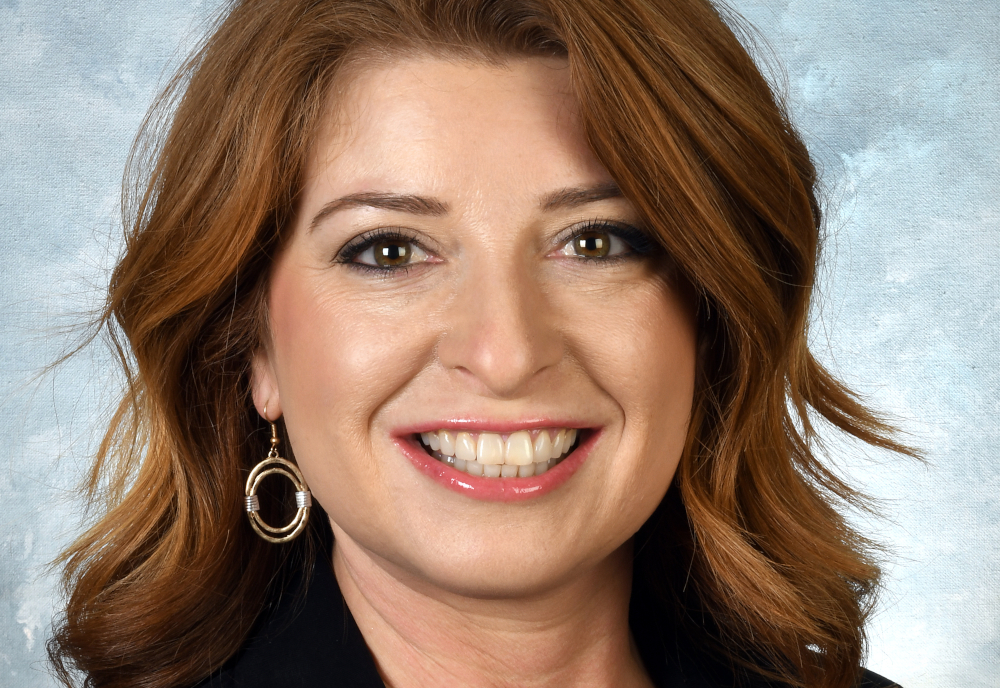Lawmakers in Kentucky and Virginia have floated laws that would ban delta-8 THC products, citing safety concerns over the popular synthetic compound, which is made from hemp-derived CBD.
Stakeholders in both states say they fear the bills could deliver a harsh blow to a CBD sector already reeling from a worldwide glut of biomass that sent prices plummeting beginning in 2020.
Many states are grappling with delta-8, which the U.S. Drug Enforcement Administration (DEA) recently declared is a controlled substance. Some states have outlawed the compound altogether while others are regulating it under rules for products made from the more common delta-9 THC, the psychoactive compound that is derived naturally from marijuana plants.
Delta-8, which is also psychoactive, is made by putting CBD through a synthetic process. Analysis of delta-8 products in some parts of the country have shown them to be spiked with delta-9 THC and contain a wide range of potentially harmful contaminants.
Warmed over
In Kentucky, lawmakers have revived a measure that failed to pass the legislature last year. The Kentucky Department of Agriculture (KDA) in 2021 declared delta-8 an illegal drug at both the state and federal levels, warning producers and sellers that distributing such products could lead to both revocation of hemp licenses and criminal prosecution.
But a state judge last August barred Kentucky law agencies from meddling in the production and sale of delta-8 THC, telling them they could not charge retailers and producers with crimes for selling products containing the compound.
Gov. Andy Beshear is on record as opposing a ban on delta-8, but said clear packaging and labeling rules are needed. “The bill I am tracking and looking for is a bill that deals with hemp and delta-8 and the regulations and consumer safety around those products. Right now, we have products that are being mislabeled, mis-sold and targeted towards children,” Youngkin said.
Safety concerns
Rep. Rebecca Raymer, a co-sponsor of the Kentucky bill, said she worries about the long-term side effects of delta-8.
“As a health care provider and a mother, I’m hopeful this bill will lead to meaningful conversations about these substances and their impact on minors and public health,” she said.
Stakeholders fear the measure could also lead to a ban on non-intoxicating full-spectrum hemp products. Kentucky Hemp Association President Katie Moyer told the Louisville Courier-Journal that if the bill is approved it would “probably end Kentucky’s hemp industry as we know it.”
2 bills in Virginia
Virginia CBD stakeholders say proposed laws under consideration in the state’s legislature would all but decimate the hemp industry.
But Sen. Emmett Hanger, sponsor of a Senate bill, said consumer safety should override all other concerns. “Health and safety is more paramount to somebody making a couple of dollars off of selling a product that can be dangerous,” he said.
“We will define it in the way I think in the final bill that those products that are edibles, that are intoxicating in their effect, will be illegal to have on the shelves,” Hanger said. The final bill is expected to address product testing, labeling and child-proof packaging.
A Virginia boy’s death last year was attributed to over-ingestion of delta-8 THC from eating gummies, leading to felony murder and felony child neglect charges against his mother. The death was officially ruled an accident attributable to “delta-8-tetrahydrocannabinol toxicity” by the Office of the Chief Medical Examiner Central District of Virginia.
Fears over THC caps
In addition to addressing psychoactive delta-8 THC, a bill that passed out of the Virginia House would cap THC content at a maximum two milligrams per package based on an allowable concentration of 0.3%. Stakeholders fear that strict limit would eliminate a wide range of non-psychoactive cannabinoid products from the market.
A parallel bill in the Senate does not set a specific per-package limit on THC, but directs the state’s Cannabis Control Authority to determine that threshold.
Measures in the two states come on the heels of a declaration by the DEA earlier this month that hemp-derived synthetic forms of THC do not meet the federal definition of hemp and are therefore controlled substances.
Regulators and even some hemp stakeholders have pushed back against delta-8, suggesting the 2018 Farm Bill, which legalized industrial hemp federally, never intended hemp to be used for products that can be classified as psychoactive, and because delta-8 THC is not naturally derived from the hemp plant.
The U.S. Food & Drug Administration (FDA) said it has received more than 100 reports of “adverse events” in consumers who ingested delta-8 products since 2020, with 9 percent involving minors. Those reporting said they suffered hallucinations, vomiting, dizziness, and loss of consciousness.
Read the full article here

